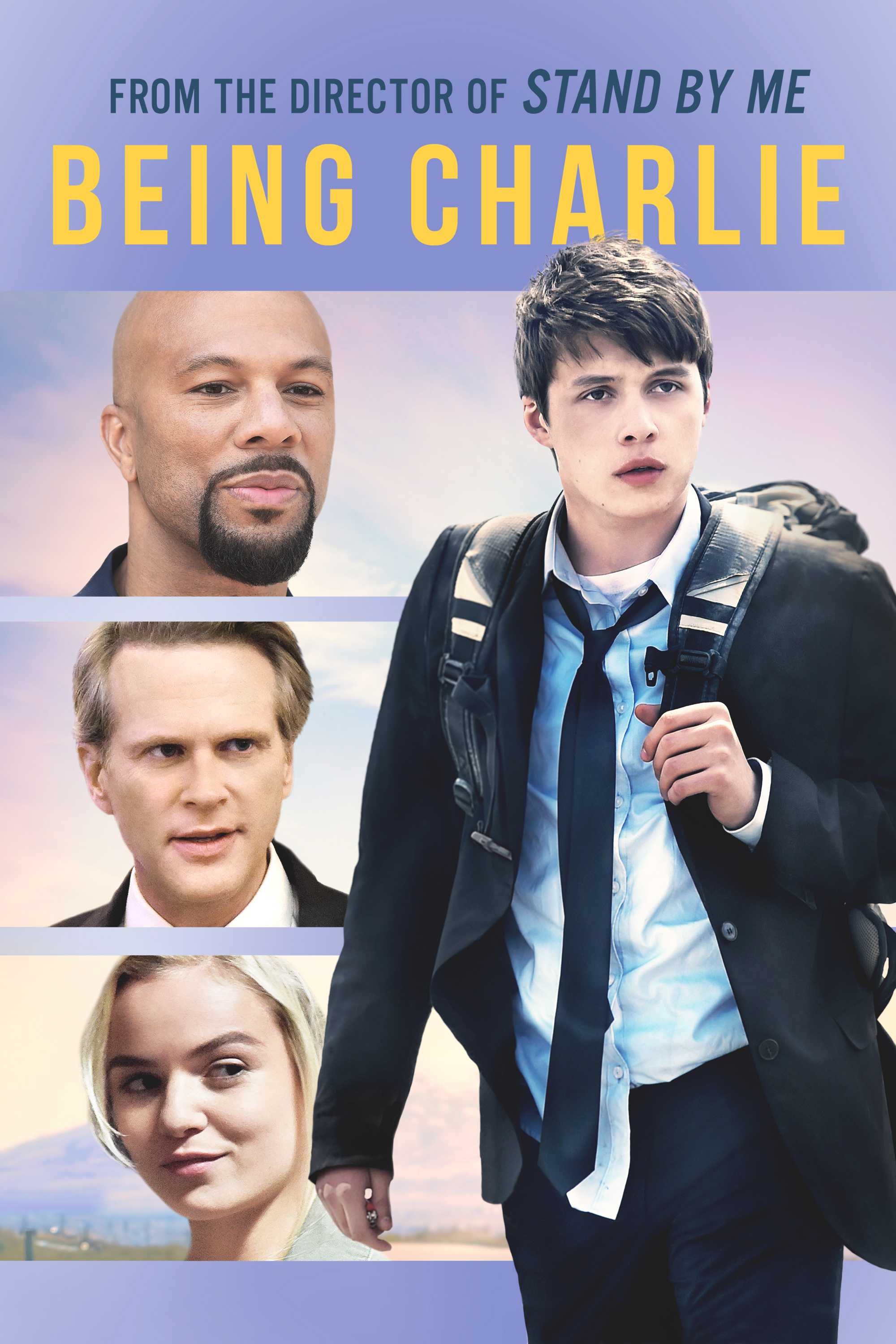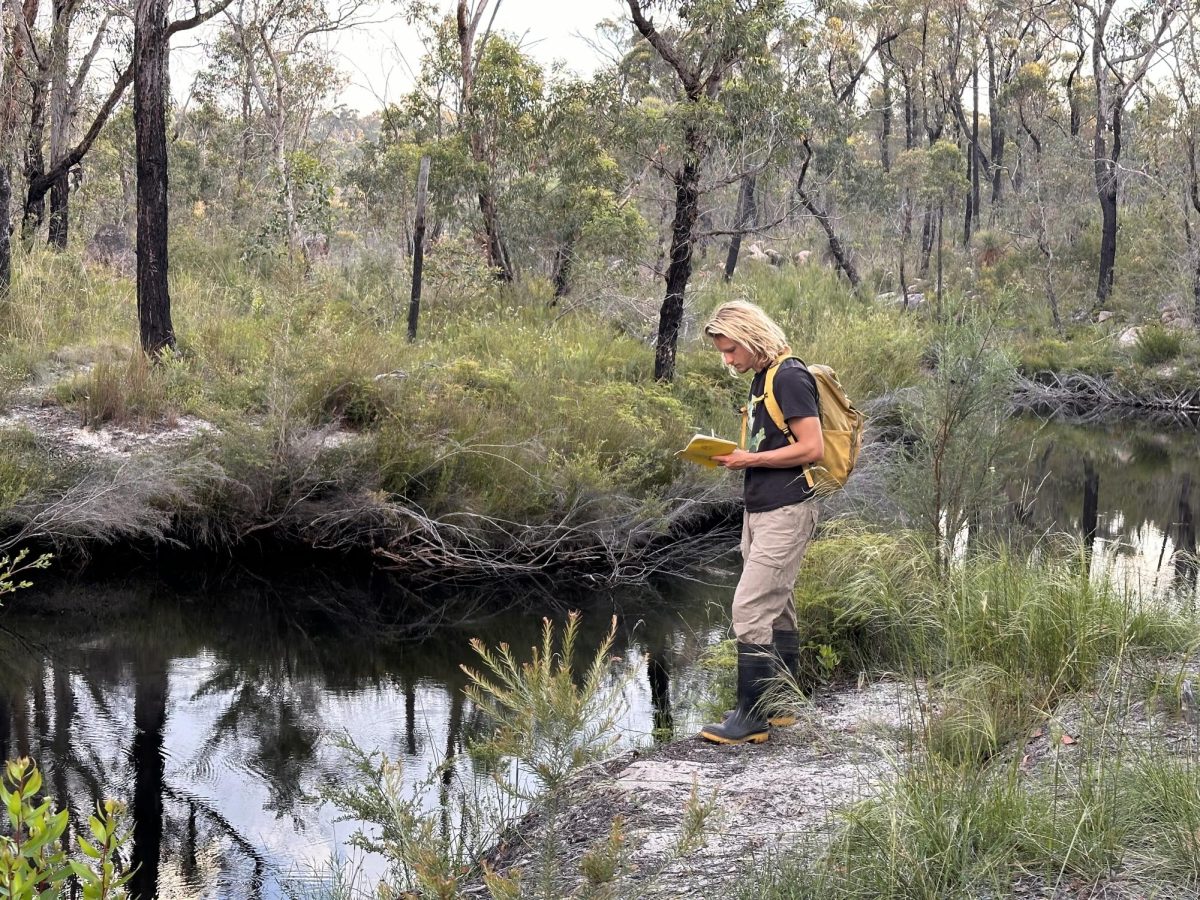A senator’s son looks to kill the noise while finding light in the dark humor of sobriety.
 “If they say you only have a year to live, do it sober. It’ll seem like an eternity.”
“If they say you only have a year to live, do it sober. It’ll seem like an eternity.”
Director Rob Reiner veers away from his normal sitcoms to venture into screenwriting. In doing so, he tells the story of his son Nick Reiner, who also battled with addiction.
The picture begins with a senator’s son who is struggling to live up to the role of being the model child in the “perfect” family, during the course of his father’s election season. “Being Charlie” is a well-executed story of a young man fighting to overcome the internal and external burdens of substance abuse. Charlie is a little lost in life, wandering with no purpose, hitching rides and breaking cathedral windows. It’s no secret Charlie is an addict with serious obstacles to overcome.
Nick Robinson, of “Jurassic World,” plays Charlie who ventures back home for his 18th birthday to an unsettling relationship with his parents. He is given an ultimatum: homelessness or a treatment center.
A toxic but best friend Adam, played by Devon Bostick, is the one who finally sways Charlie into joining yet another treatment center. While in treatment, Charlie meets the only other teen close to his age at the center. Naturally he becomes attached to her.
This grows from awkward glances across the room to making out behind trashcans.
The unhealthy partnership gives Charlie a reason to stay, and a reason to work hard to earn a bed at a halfway house.
Ultimately, this is a second chance at life. We just start to pull for Charlie as he veers off the tracks to chase his treatment center romance, Eva.
While searching, he is tested by the temptation of his old ways and falls into using again. Placing his trust into the wrong drifter, Charlie dances with the dangers of death. Best friend Adam, his last lifeline, comes to the rescue only to overdose shortly after the two do a line.
Charlie’s left to carry the death of his most loyal friend. He deals with the grief and loss of Adam by finding a passion for standup comedy. He tries out his jokes at his treatment center’s talent show.
Charlie’s toxic relationship with his father is exposed through a number of darkly humorous jokes. The relationship is revealed when the two have a heart to heart. This was the real turning point for the two, as we learn the real motivations behind Charlie’s drug abuse.
Charlie says, “It was never about the drugs, all I ever wanted was a way to kill the noise.”
Throughout the film, Reiner captures the stereotypical “road to recovery” feel, making sure we know just how cliché the misconceptions of treatment centers can be.
We’re asked to question the system of recovery a number of times while watching this film. We are shown the resemblance between counselors who offer “false hope and serenity,” and dealers who offer drugs on the street corner as an escape; they are much of the same evil.
Though a number of valuable points are brought to the surface here, advocating the importance of seeking help is equally as important, especially when it comes to a subject as valuable as this.
This film offers an acute awareness of substance abuse. As an audience we are given a raw and real interpretation of this from beginning to end of the film.
We witness personal growth through the eyes of a teenager who chooses to better himself. Charlie teaches us that light can be found in the darkest of places if one is willing to look deep and work hard.
























